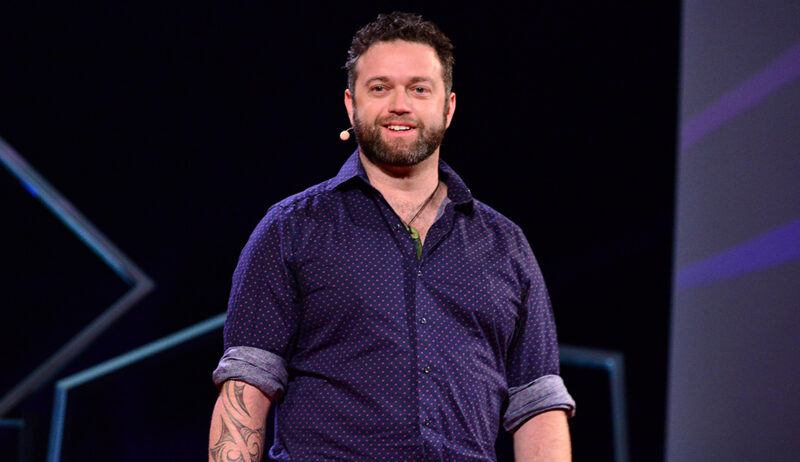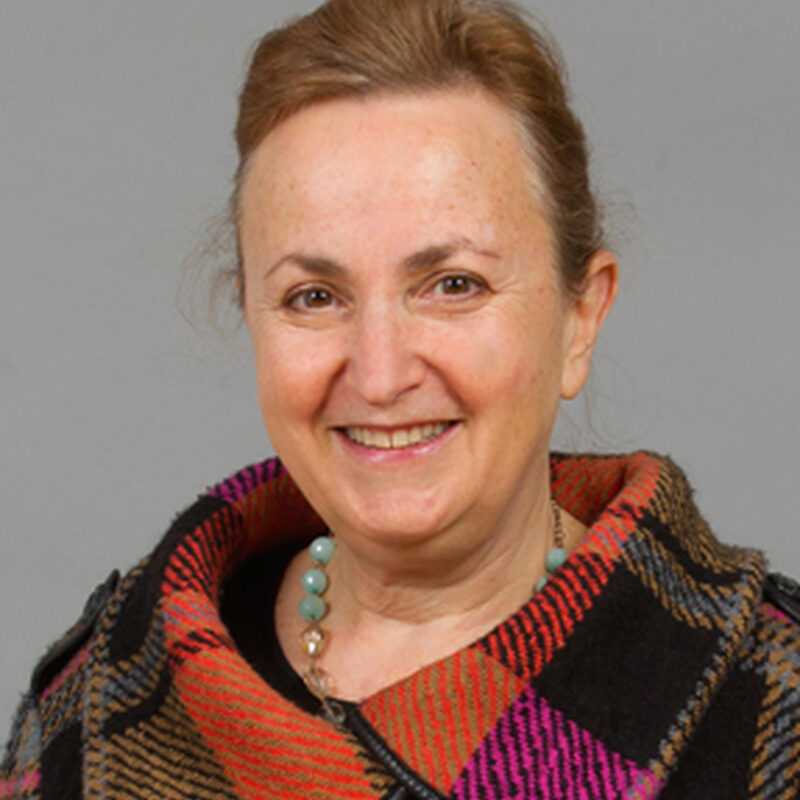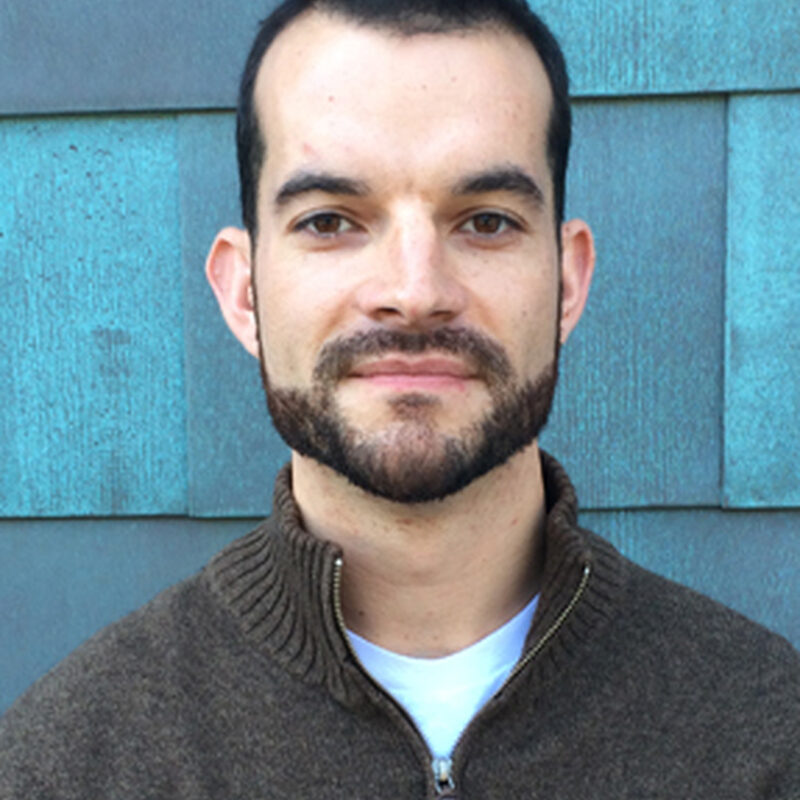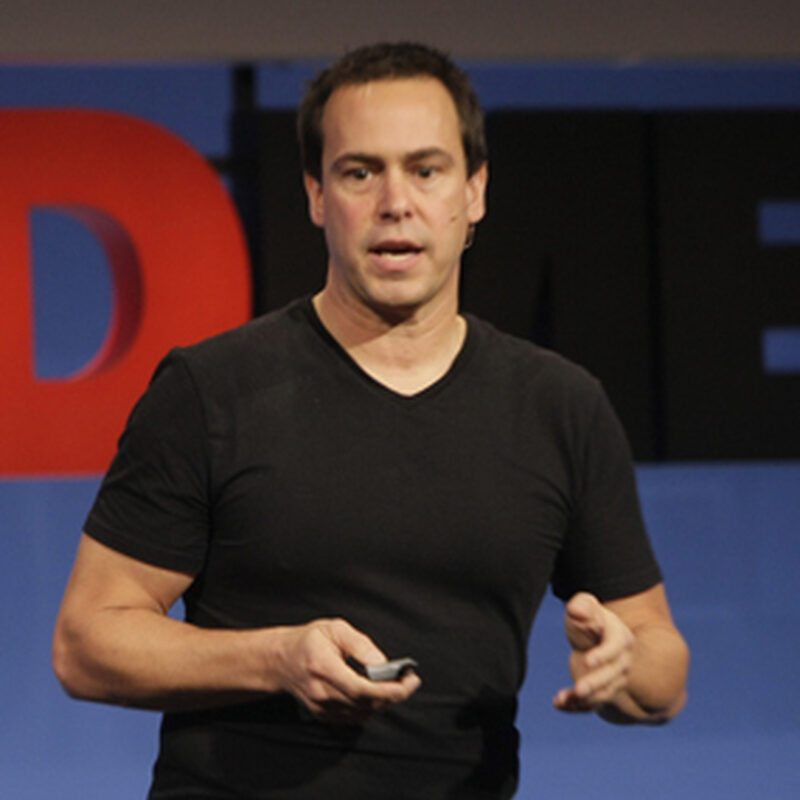About Jason
Jason Shepherd is a neuroscientist and professor at the University of Utah School of Medicine. His research focuses on how the brain stores information, from the way genes work inside cells to how entire networks of neurons change with experience. He is dedicated to understanding how these processes can go wrong in brain diseases and with aging. The Shepherd Lab is best known for its groundbreaking discovery of a gene called Arc. This gene is essential for long-term memory. Jason’s team found that the Arc gene is very similar to viruses and can create a shell, called a capsid, to transport genetic information between neurons. This finding was a major step forward in understanding how information is encoded and stored in the brain. He has received many awards for his work, including the National Academy of Sciences Kavli Fellowship and the 2010 Gruber International Research Award in Neuroscience. His work is critical for developing new treatments for neurological disorders and for helping to preserve cognitive function as people get older.













